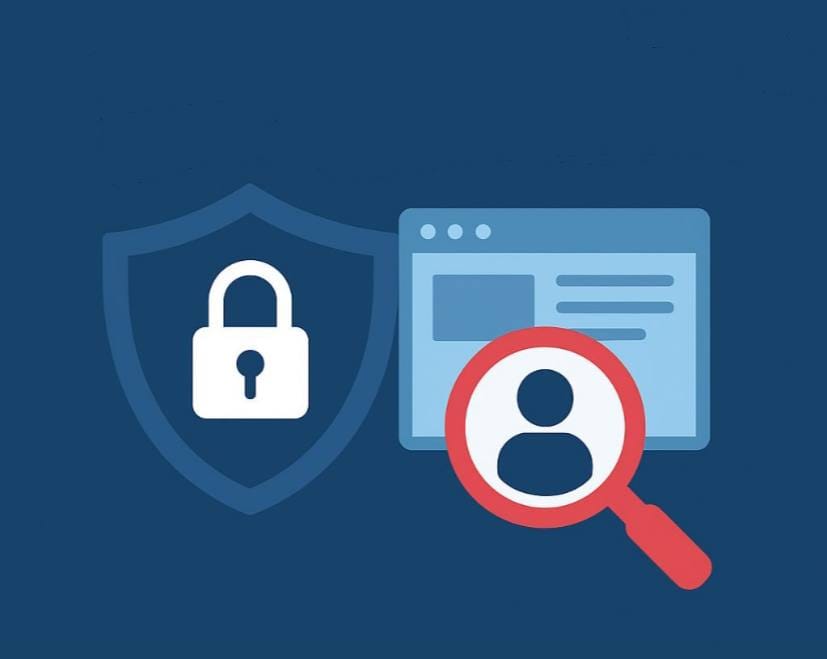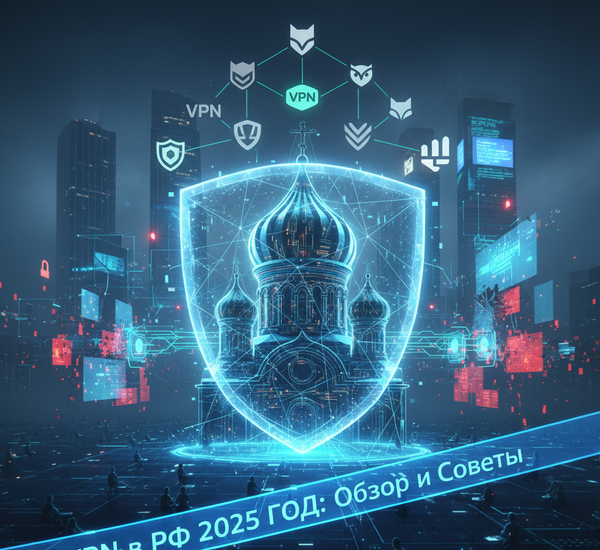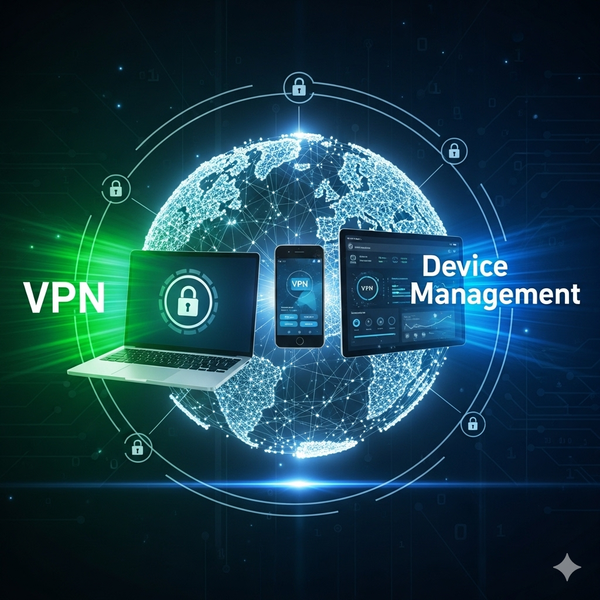Can VPN Track Your Activity? Everything You Need to Know About Online Privacy

1. Introduction
In today’s digital age, online privacy has become one of the most important concerns for internet users. Every click, search, and website visit can potentially be tracked by internet service providers, advertisers, or even hackers. This raises a common question: can VPN track your activity? Understanding how VPNs work and what kind of protection they offer is crucial before relying on them to keep your data safe.
A Virtual Private Network, or VPN, is designed to encrypt your internet connection and hide your IP address, making it much harder for anyone to monitor your online behavior. However, not all VPNs are created equal, and some may still keep logs of your activity. Choosing a trustworthy VPN is key to maintaining real privacy.
For example, Winston VPN (https://t.me/vpn_winston_bot) offers a secure solution with 3 days of free access, the ability to connect up to 5 devices on a single subscription, and reliable protection for your personal data. With Winston VPN, you can safely access blocked websites while keeping your online activity private.
In this article, we will explore how VPNs work, whether they can track your activity, and what you need to know to stay fully protected online. By the end, you will have a clear understanding of VPN privacy and how to choose the right service to ensure your internet experience remains secure.
2. How VPNs Work
To understand whether a VPN can track your activity, it’s important to first understand how VPNs function. A VPN, or Virtual Private Network, creates a secure tunnel between your device and the internet. This tunnel encrypts your data, which means that anyone trying to intercept your connection — like hackers or your internet service provider — will see only scrambled information.
When you connect to a VPN, your real IP address is masked and replaced with the IP address of the VPN server. This makes it much harder for websites or trackers to identify your location or link your online activity directly to you. Essentially, a VPN acts as a shield for your digital footprint.
However, while VPNs hide your activity from external observers, the VPN provider itself could technically log your online behavior. That’s why it’s essential to choose a provider that enforces a strict no-logs policy. Trusted services do not store records of the websites you visit, your IP addresses, or the files you download.
For instance, Winston VPN (https://t.me/vpn_winston_bot) not only encrypts your connection but also allows you to connect up to 5 devices simultaneously. This is perfect for families or users with multiple gadgets. Additionally, Winston VPN provides access to blocked websites and a 3-day free trial, so you can test the service without commitment while keeping your online activity fully protected.
By understanding the core functionality of VPNs, you can make an informed decision about which service offers the privacy you need. In the next section, we will dive deeper into the critical question: can VPN track your activity, and under what circumstances it might happen.
3. Can VPN Track Your Activity?
This is the question most users ask before choosing a VPN: can VPN track your activity? The answer depends entirely on the policies and practices of the VPN provider you select.
In theory, any VPN service could monitor your activity, because your internet traffic passes through their servers. If a provider keeps logs, it might record details like websites you visit, files you download, or even your original IP address. This is why it’s so important to check whether the VPN has a no-logs policy. A true no-logs VPN will not store or track your online behavior, ensuring your privacy remains intact.
Unfortunately, not every VPN service is honest about its privacy promises. Some free VPNs fund themselves by selling user data to advertisers, which completely defeats the purpose of using a VPN in the first place. This makes the question can VPN track your activity especially relevant for those who are considering free or unknown providers.
A reliable option is Winston VPN (https://t.me/vpn_winston_bot), which ensures user data is never logged or shared. Unlike many free services, Winston VPN is focused on genuine privacy protection. With features such as encrypted connections, access to restricted websites, and the ability to connect up to 5 devices under one account, it’s a safe and practical choice. Plus, you can test it risk-free with their 3-day free trial.
So, while the answer to can VPN track your activity is technically yes, the real question is: does your provider actually do it? Choosing the right VPN makes all the difference between compromised privacy and total security.
In the next section, we’ll explore common misconceptions about VPN privacy — and why believing them can put your online safety at risk.
4. Common Misconceptions About VPN Privacy
When people first start using VPNs, they often have unrealistic expectations. One of the biggest myths is that VPNs make you completely invisible online. While they do a great job of hiding your IP address and encrypting your data, the truth is a little more complex. Let’s break down some of the most common misconceptions and clarify them.
Misconception 1: A VPN guarantees total anonymity.
A VPN can hide your browsing from your ISP and public Wi-Fi snoopers, but it does not mean you are invisible to everyone. For example, websites can still use cookies and trackers to collect data about your behavior. That’s why asking can VPN track your activity is valid — because some of your activity can still be visible depending on the situation.
Misconception 2: All VPNs are the same.
Not all VPN providers follow the same standards. Some may log user data, while others enforce strict no-logs policies. This is where choosing carefully matters. Services like Winston VPN (https://t.me/vpn_winston_bot) focus on privacy, ensuring that your activities are never stored or shared.
Misconception 3: Free VPNs are just as good as paid ones.
Free VPNs often come with hidden costs, such as selling your data to advertisers or offering limited protection. This makes the question can VPN track your activity even more relevant for free services, as they have financial incentives to monitor you.
Misconception 4: VPNs protect you from all online risks.
While VPNs are powerful privacy tools, they are not a magic shield. They won’t protect you from malware if you download infected files, nor will they prevent you from giving away personal details on unsafe websites. A VPN is one layer of protection, not the only one you need.
By clearing up these misconceptions, it becomes easier to understand what VPNs can realistically offer. A reliable service like Winston VPN gives you encrypted connections, access to blocked websites, and protection for up to 5 devices — all while providing a 3-day free trial so you can test it risk-free.
In the next section, we’ll discuss how to choose the right VPN for maximum privacy and what features really matter.
5. Choosing the Right VPN for Maximum Privacy
Now that we’ve clarified some common myths, let’s get practical: how do you choose the best VPN to keep your data safe? Since the main concern is often can VPN track your activity, your choice should revolve around features and policies that guarantee real privacy.
1. Look for a strict no-logs policy.
The most important factor is whether the VPN provider keeps logs of your activity. If logs exist, your browsing history could be shared with third parties or even governments. A trustworthy VPN will state clearly that no user data is collected or stored.
2. Check the level of encryption.
Strong encryption ensures that even if your data is intercepted, it cannot be read. Most reliable VPNs use AES-256 encryption, which is currently the industry standard for security.
3. Evaluate server coverage and speed.
A wide range of servers worldwide ensures better access to content and faster connections. Speed matters because some VPNs slow down your browsing significantly.
4. Consider device compatibility.
A good VPN should allow multiple devices to connect at once. This is ideal for families, or for users who switch between laptops, smartphones, and tablets.
5. Test before committing.
Free trials or money-back guarantees let you experience the service before making a long-term investment.
This is where Winston VPN (https://t.me/vpn_winston_bot) stands out. It provides:
- A strict no-logs policy to ensure your privacy.
- Military-grade encryption to protect your data.
- Access to blocked websites and services worldwide.
- Support for up to 5 devices under a single subscription.
- A 3-day free trial so you can test everything risk-free.
So, the next time you wonder can VPN track your activity, remember that the answer lies in which provider you choose. With Winston VPN, you can be confident your browsing is private and unrestricted.
In the next section, we’ll cover VPNs and legal considerations — and whether authorities can still track you even when you use one.
6. VPNs and Legal Considerations
When people ask can VPN track your activity, they often worry not only about the VPN provider but also about governments and law enforcement. The truth is, the legal aspect of using a VPN depends on the country you live in and how you use the service.
Is using a VPN legal?
In most countries, using a VPN is perfectly legal. It’s a tool designed to protect your online privacy and security. Millions of people use VPNs every day for work, remote access, and safe browsing. However, in some countries with heavy internet censorship, VPN usage might be restricted or monitored. It’s important to check the local laws before traveling or using VPN services abroad.
Can authorities track your activity through a VPN?
Technically, if a VPN provider keeps logs, government agencies could request access to those records. This is another reason why choosing a provider with a strict no-logs policy is crucial. If no data is stored, then there’s nothing to hand over — even under legal pressure. That’s why the question can VPN track your activity always comes down to provider transparency.
What about illegal activity?
A VPN is not a license to break the law. While it hides your IP address, it doesn’t make you completely invisible. If someone engages in illegal activities, authorities may still find ways to investigate — often through methods unrelated to VPN use. That being said, for normal everyday use — streaming, browsing, accessing blocked websites, or securing public Wi-Fi — a VPN is a perfectly safe and legal tool.
Winston VPN as a secure and legal choice
With Winston VPN (https://t.me/vpn_winston_bot), users can enjoy private browsing, protection for up to 5 devices, and access to blocked websites — all while staying within legal boundaries. Since Winston VPN enforces a strict no-logs policy, the answer to can VPN track your activity is a clear no when you choose their service. Plus, you can try it risk-free with a 3-day free trial.
In the next section, we’ll look at practical tips to stay truly private online — because a VPN is just one part of a complete privacy strategy.
7. Tips to Stay Truly Private Online
Using a VPN is one of the most effective steps toward securing your digital life, but it shouldn’t be the only one. Even with the best VPN, you might still ask yourself: can VPN track your activity if I don’t take extra precautions? The truth is, privacy works best when you combine multiple tools and good habits. Here are some practical tips:
1. Use secure websites (HTTPS).
Always make sure the sites you visit use HTTPS encryption. This adds an extra layer of protection on top of your VPN.
2. Clear cookies and trackers.
Websites often track you through cookies, not just your IP address. Clearing cookies regularly — or using privacy-friendly browsers — helps reduce your digital footprint.
3. Protect your passwords.
A VPN won’t save you if your passwords are weak or reused. Use a password manager and enable two-factor authentication whenever possible.
4. Be cautious with free apps and services.
Just like free VPNs, many free apps collect and sell your data. Always read the privacy policy and think twice before giving apps unnecessary permissions.
5. Combine VPN with other privacy tools.
A VPN hides your IP address and encrypts traffic, but combining it with tools like ad blockers, anti-tracking extensions, and antivirus software ensures full protection.
6. Choose the right VPN provider.
As we’ve discussed, not all VPNs are equal. When you wonder can VPN track your activity, the safest answer is “not if you’re using a no-logs service.”
This is why Winston VPN (https://t.me/vpn_winston_bot) is an excellent choice. With strong encryption, strict no-logs policy, and the ability to connect up to 5 devices under one account, it covers a wide range of privacy needs. On top of that, you can test everything risk-free with their 3-day free trial — making it easy to see how it enhances your online security.
By following these tips, you’ll ensure that your browsing remains private, safe, and unrestricted — whether at home, at work, or on public Wi-Fi.
In the final section, we’ll summarize our findings and answer once and for all the question: can VPN track your activity?
8. Conclusion
So, can VPN track your activity? The answer is yes — technically, a VPN provider could monitor what you do online. But whether that actually happens depends entirely on the service you choose. Some providers keep logs of your browsing, while others strictly enforce a no-logs policy, ensuring your data is never stored, sold, or handed over.
This means that when you ask can VPN track your activity, the real question is: do you trust your VPN provider? Free VPNs often have hidden motives, such as selling your information to advertisers, while reliable paid VPNs focus on privacy and transparency.
That’s why choosing wisely is so important. Winston VPN (https://t.me/vpn_winston_bot) is designed to protect your privacy, not exploit it. With military-grade encryption, strict no-logs policy, access to blocked websites, and support for up to 5 devices on one subscription, it gives you everything you need for a secure and unrestricted internet. Best of all, you can try it risk-free with a 3-day free trial.
In today’s digital world, online privacy is not optional — it’s essential. By using a reliable VPN and combining it with good browsing habits, you can keep your data safe, protect your identity, and enjoy the freedom of the internet without constant surveillance.
So the next time you wonder can VPN track your activity, remember: with the right provider, the answer is a confident no.


